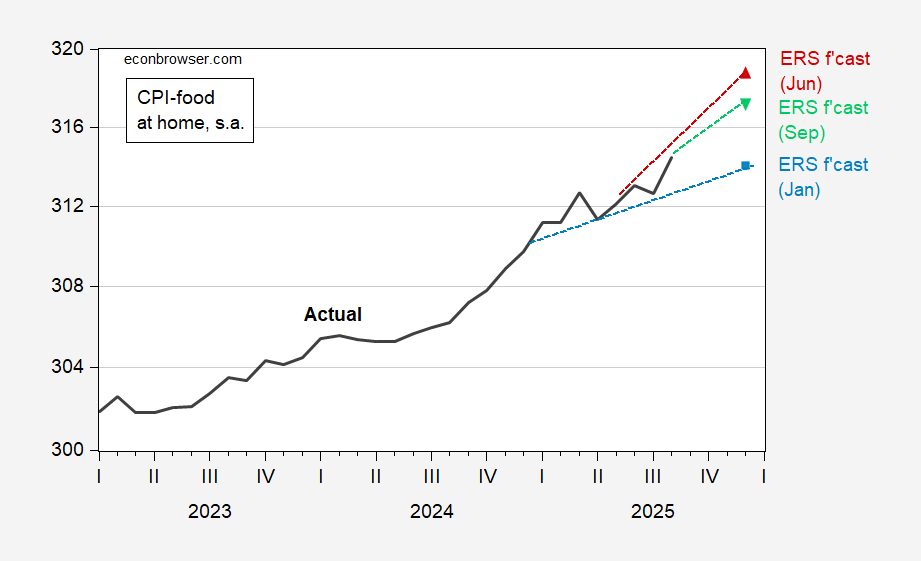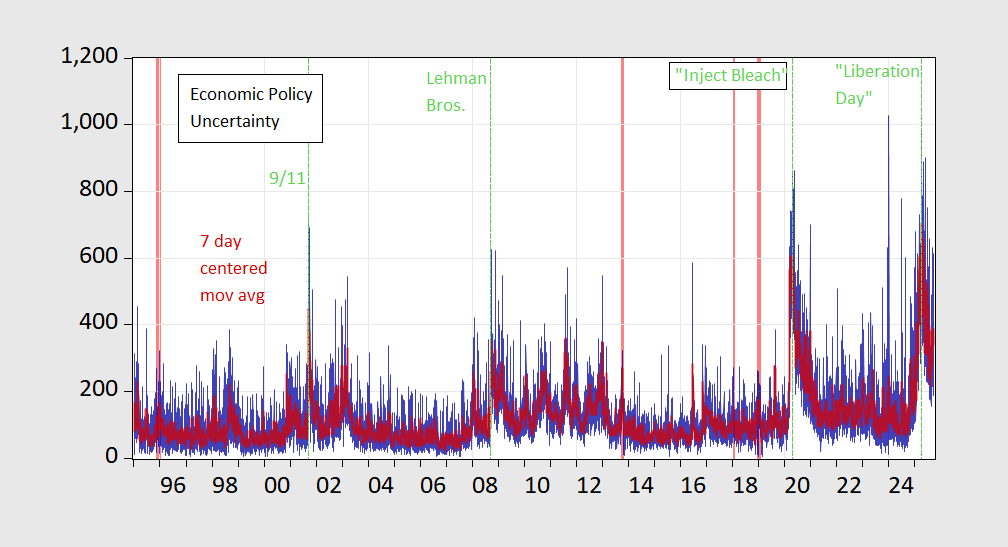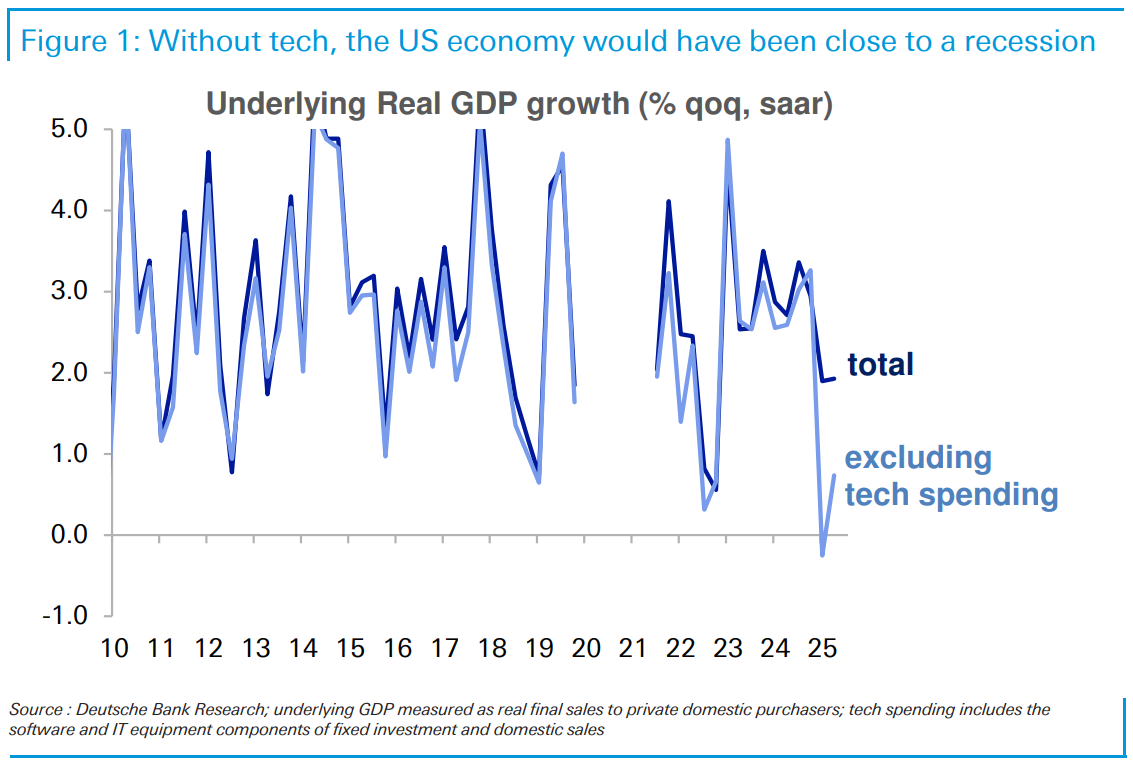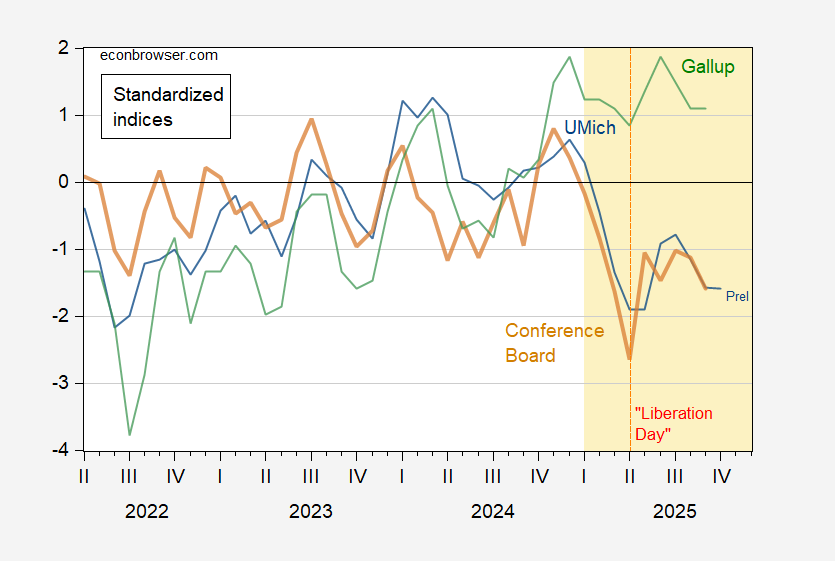
The agricultural sector is facing an unprecedented crisis, one that is rooted in systemic inequities exacerbated by the current administration’s immigration policies. As we delve into the troubling landscape of labor shortages in agriculture, it becomes clear that the implications extend far beyond the fields; they touch upon issues of social justice, human rights, and economic stability.
Currently, agricultural employers are caught in a vice of their own making, incentivized to rely on undocumented workers largely due to a combination of exploitative wage structures and a lack of viable alternatives. The Department of Labor’s National Agricultural Worker Survey (NAWS) reveals a disturbing dependence on illegal labor, with approximately 42% of crop workers lacking authorization—an increase from 36% just a few years ago. This reliance has created a precarious situation where the very backbone of the agricultural workforce is increasingly immobile and aging. The implications are dire: as these workers become less available, farmers struggle to maintain production levels, threatening food security across the nation.
The systemic failures of the agricultural labor market can be traced back to the outdated immigration policies that have failed to adapt to the realities of labor needs. With the U.S. Southern Border more secure than ever, the flow of migrant workers has come to a near halt, decimating the once-fluid supply of labor essential for crop cultivation. The remaining workforce, already largely settled, is unable to respond to the seasonal demands of agriculture, leaving farmers in a lurch. This stark imbalance not only disrupts farm operations but also exacerbates economic disparities, as food prices rise in response to dwindling supplies.
Furthermore, the data paints a grim picture for the future of agricultural labor in the U.S. A mere 10% decrease in the agricultural workforce can lead to a staggering 4.2% drop in fruit and vegetable production and a 5.5% decline in farm revenue. With nearly half of U.S. crop workers unable to enter the country and many considering leaving the agricultural sector altogether, we face the alarming prospect of a $5 billion loss in domestic fresh produce. The ramifications of this crisis will not only be felt by farmers but also by everyday consumers facing skyrocketing prices and limited access to essential food items.
The reliance on undocumented labor is a symptom of a broader failure to create a sustainable agricultural workforce. Employers have historically turned to illegal aliens, drawn by the availability of cheap labor willing to endure the harsh conditions of farm work. However, as the Department of Labor recognizes, American workers are not stepping up to fill this void. Structural factors—such as geographic distribution of agricultural operations, the seasonal nature of crops, and the demanding physical requirements of agricultural work—compound the challenge. Despite efforts to advertise agricultural jobs, there remains a persistent shortage of qualified domestic applicants, leaving farmers with few options.
What is particularly troubling is the evident disinterest in addressing these challenges through humane and equitable immigration reform. As we witness a crackdown on immigration enforcement, the government must take immediate action to provide agricultural employers with a viable workforce alternative. The current trajectory is unsustainable and morally indefensible, as it punishes both the workers and the farmers who rely on them. The exploitation of undocumented laborers is a direct consequence of a system that prioritizes punitive measures over solutions that respect human rights and dignity.
In the face of this crisis, it is essential to advocate for comprehensive immigration reform that acknowledges the vital role immigrant workers play in sustaining our agricultural sector. We must push for policies that not only provide pathways to legal status for undocumented workers but also create a system that attracts and retains a skilled workforce willing to engage in this essential labor. Fair wages, safe working conditions, and a commitment to social justice are not just ideals but necessities for a thriving agricultural economy.
The time for action is now. We must hold our leaders accountable for the policies they enact and demand that they prioritize the well-being of both workers and farmers. This crisis is a clarion call for a reevaluation of our immigration policies, one that recognizes the intrinsic value of every worker, regardless of their immigration status, and the contributions they make to our society. The future of our food supply and the health of our economy depend on it.
This article highlights the importance of IN AGRICULTURAL LABOR.


